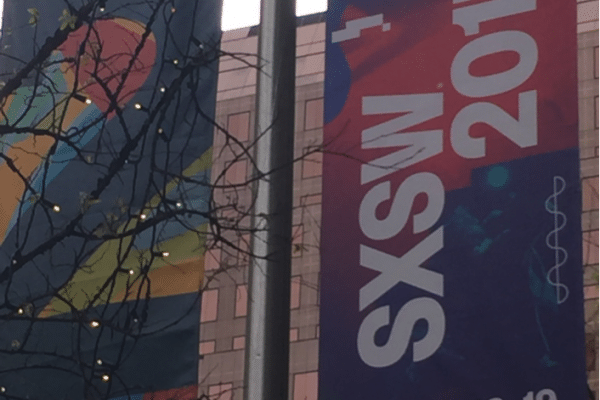
Once at SXSW, I heard Christiane Amanpour talking about sex and relationships across the world. I’ve always admired Amanpour. She has been a champion of equality, reporting on war, and on the difficult issues that result from war, such as rape as a weapon of war. In her new project, she looks at the flip side of those things in her latest series (in her words, she has “done a lot of depressing stuff and wanted to look at the happier stuff”). She talked about hope, and about the strength of relationships, and how people sustain them in times of war. In the series, she looks at cultural differences in relationships, and how women find happiness or satisfaction, tackling cultural and gender barriers.
What I thought was really interesting was that – according to Amanpour – proportionately, more women in the developing Muslim world are studying STEM subjects that do so in the so-called developed world (specifically the US and the UK). Women in the middle east have increased in the workforce to the point where they are a major economic force, with a trillion dollars of disposable income. (They are in every area of business, but particularly in tech businesses, and they are entrepreneurs.) And, most positively, she talked about how the momentum of movements such as #MeToo is greater than the backlash, particularly among young men who are championing a change in attitudes to women and to sex.
Melinda Gates talked about how women get 2% of VC funding, and how we need more women on boards (one is not enough – you need more than two to bring about change). She talked about how important it is that men and women improve their relationships, talk to each other, and avoid segregation or separation. And I noticed how many more women – including women of colour – there were this year (on panels, giving keynotes and running sessions) than last year.
In a session on humanising autonomy, I heard about how it is possible to create empathy between machines and humans. VR can help you understand the impact of having a different skin colour or being in a different cultural environment.
There are lots of discussions at SXSW about the ethical challenges of new technology, too. The issue of submissive AI is big this year, with controversial language being used: if we treat a virtual assistant like a slave we dehumanise ourselves. A fantastic panel on humanising automation discussed the issue of what happens in society as a result of how we talk to Alexa, citing research that shows that the behaviour we’re learning – giving commands to Alexa – carries over into societal behaviour. If you say “Alexa you’re stupid, you got it wrong”, she’ll say “I’m sorry”. What does that tell children, for example, about how to speak to women?
Moral questions are being asked beyond what’s possible in automation. In driverless cars, for example, who makes the decision to avoid a pedestrian by hitting a tree and putting the driver at risk? Who is the car’s responsibility towards, the driver or the pedestrian?
There are huge ethical questions being asked this year at SXSW as technology advances. They are the questions that will define our society and our moral values. And it’s great to see a more diverse group of people addressing those questions, at least in the tech bubble that is SXSW.
Photo by Matt Sclarandis on Unsplash






